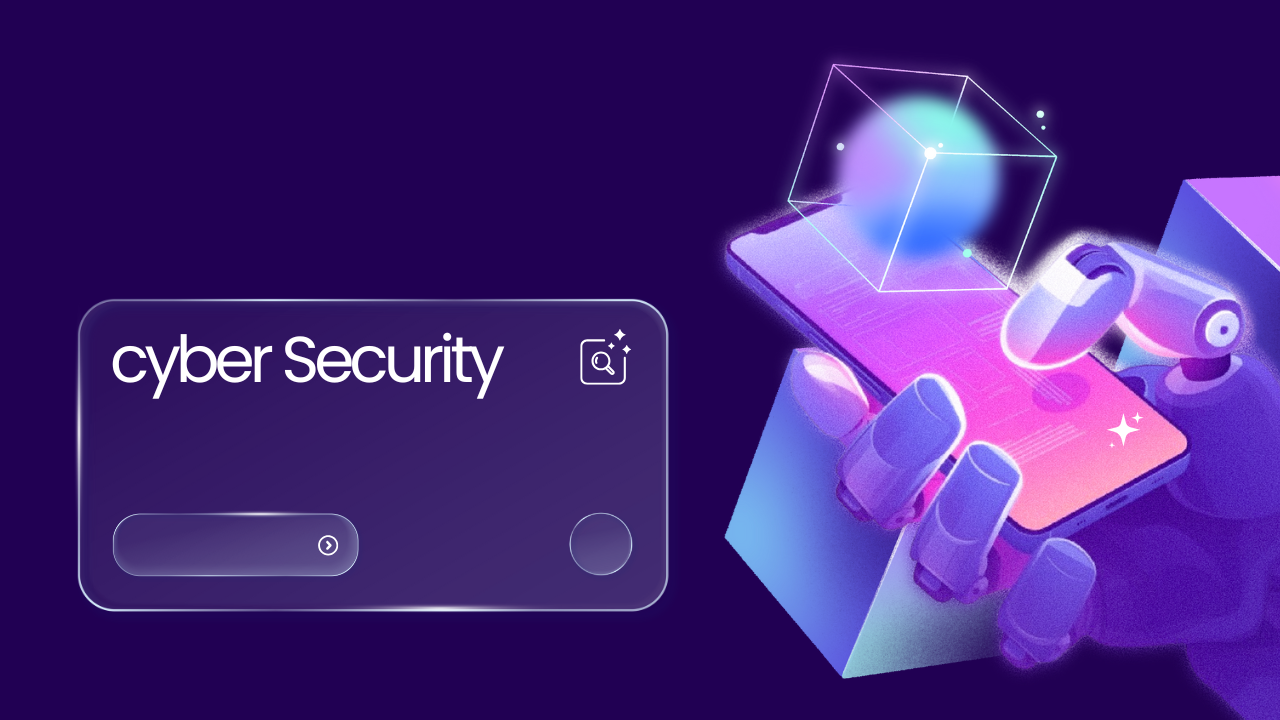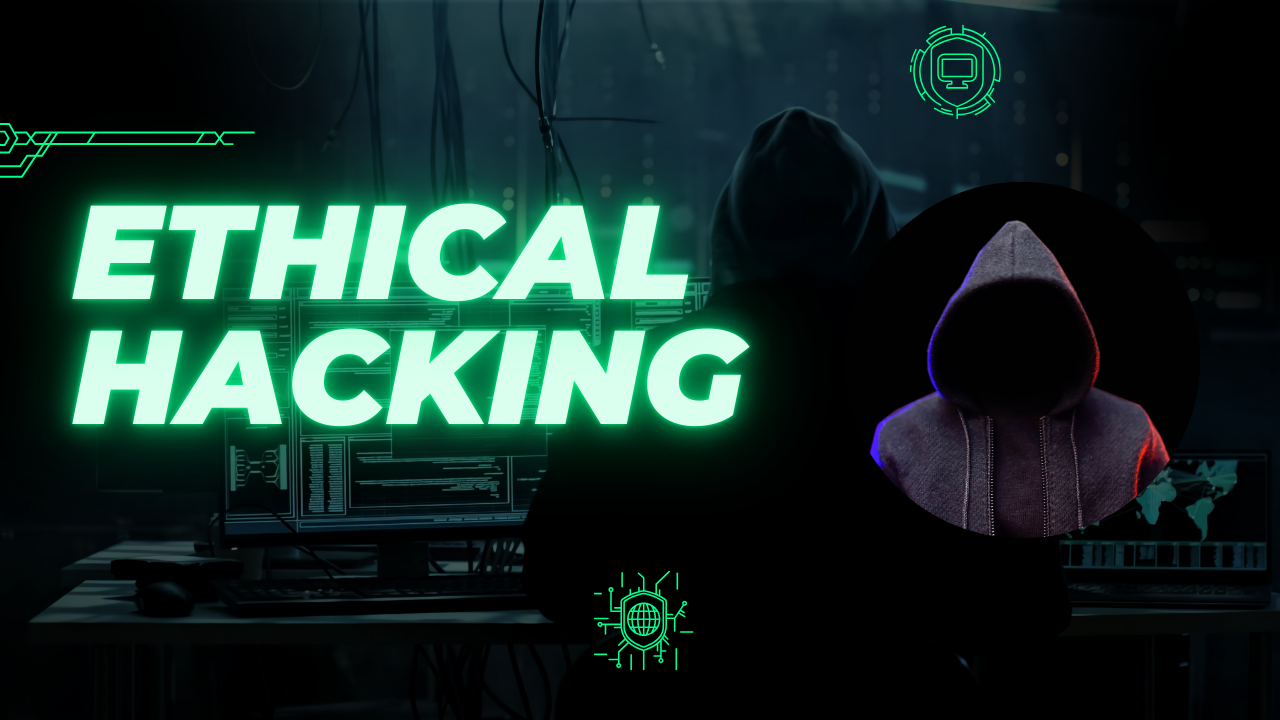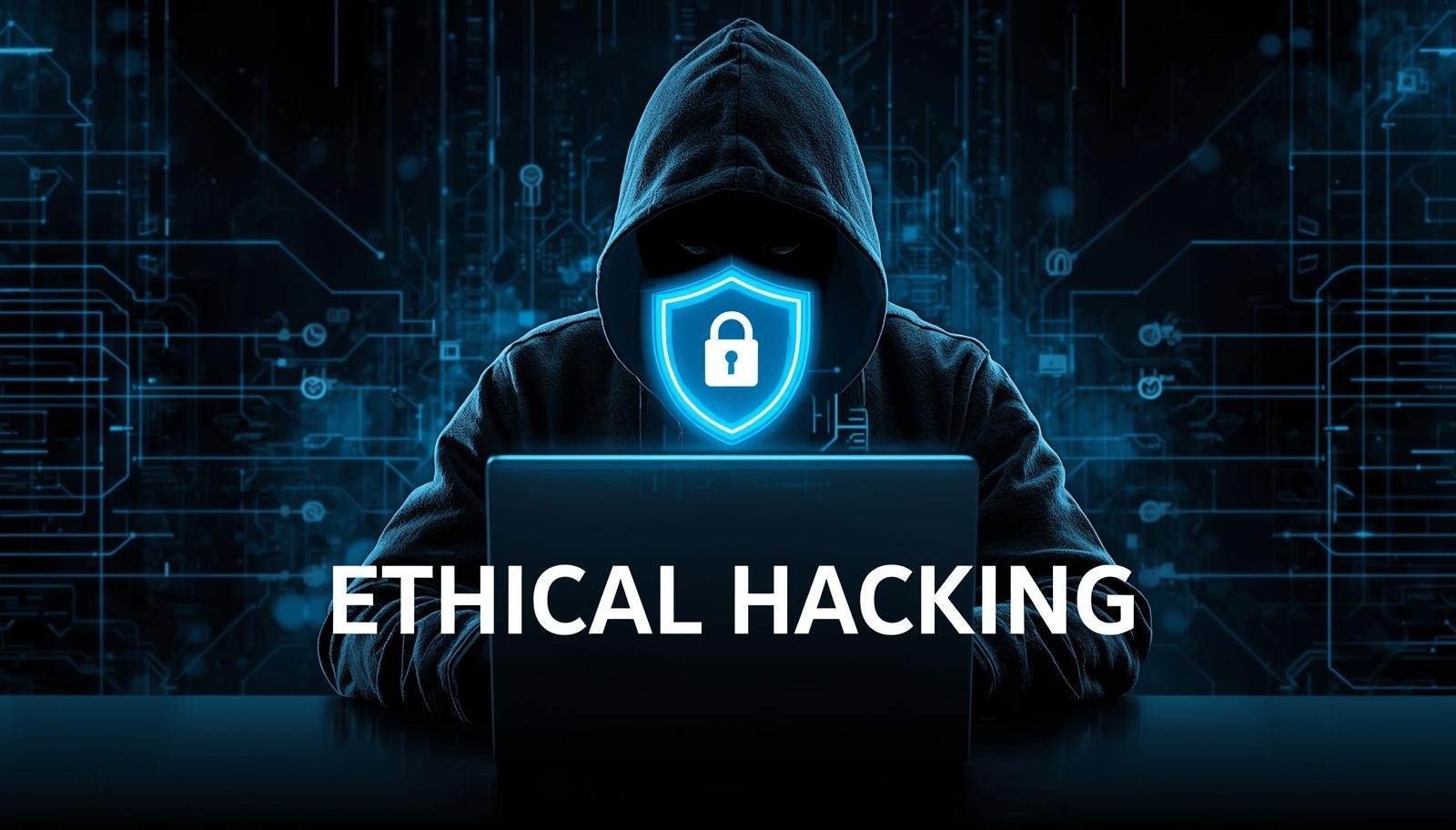By MrWebSecure – Cybersecurity Training & Ethical Hacking Institute (Online & Offline, Pan India)
Introduction
In 2025, cloud computing has become the backbone of every business. From startups to Fortune 500 companies, the cloud powers applications, data storage, collaboration tools, and even AI-driven services. But with growth comes risk.
The global shift to the cloud has also opened the door to new-age cyber threats—ransomware attacks, misconfigured storage buckets, insider misuse, and sophisticated phishing campaigns that specifically target cloud platforms.
This raises the critical question: how do we keep cloud data safe in 2025?
At MrWebSecure, we not only provide VAPT (Vulnerability Assessment & Penetration Testing) services but also train the next generation of cybersecurity professionals through our Cybersecurity Courses and Ethical Hacking Courses (available online and offline, pan India).
In this blog, let’s break down the biggest cloud security challenges in 2025 and explore actionable solutions that every business—and individual—can implement.
Cloud Security Challenges in 2025
1. Data Breaches and Unauthorized Access
Cloud accounts remain a top target for attackers. Weak credentials, lack of multi-factor authentication, or exposed APIs often lead to data breaches. In 2025, with billions of devices connected, this risk has multiplied.
Solution:
- Implement Zero Trust security.
- Enforce multi-factor authentication (MFA) on all accounts.
- Regularly update and rotate passwords.
- Conduct penetration testing to identify vulnerabilities.
2. Misconfigured Cloud Storage
One of the biggest issues we still see today is misconfigured S3 buckets, Azure blobs, or Google Cloud storage. Sensitive data, when left exposed, becomes an easy target for hackers.
Solution:
- Use automated configuration monitoring tools.
- Regularly audit your storage permissions.
- Educate teams through ethical hacking courses to understand how attackers exploit such misconfigurations.
3. Ransomware Attacks on Cloud Systems
Ransomware gangs are now directly targeting cloud environments, encrypting files, and demanding cryptocurrency payments. Cloud backups, if not properly segmented, are also being compromised.
Solution:
- Use immutable backups and keep offline recovery systems.
- Monitor for suspicious file activity.
- Train staff to recognize phishing attempts, the number one entry point for ransomware.
4. Shared Responsibility Confusion
Many businesses assume cloud providers handle everything. But in reality, providers secure the infrastructure—YOU are responsible for securing your data, apps, and access controls.
Solution:
- Understand the shared responsibility model of your cloud provider.
- Invest in cybersecurity training for your IT staff to reduce mismanagement.
5. API Exploits
Cloud applications rely heavily on APIs. Insecure or exposed APIs are one of the fastest-growing attack vectors in 2025.
Solution:
- Use API penetration testing to detect vulnerabilities.
- Enforce authentication and encryption in APIs.
- Limit access to only what’s necessary.
6. Insider Threats
Disgruntled employees or contractors with access to cloud systems can cause massive damage. Unlike external hackers, insiders already have the keys to the system.
Solution:
- Enforce least privilege access.
- Monitor user activity through SIEM solutions.
- Conduct regular employee awareness training via cybersecurity courses.
7. Compliance & Regulatory Challenges
With data privacy laws like GDPR, HIPAA, and India’s DPDP Act, failing to secure data can result in massive fines.
Solution:
- Regularly conduct compliance audits.
- Partner with certified cybersecurity experts like MrWebSecure VAPT services.
- Train compliance teams in cybersecurity awareness.
How to Keep Your Data Safe in 2025
- Adopt Zero Trust Security Architecture
- Never trust, always verify—whether it’s a user, device, or app.
- Regular Penetration Testing & Vulnerability Assessments
- Identify weaknesses before attackers do.
- Strong Authentication Practices
- MFA, biometric logins, and passwordless authentication methods.
- Employee Training
- Employees remain the weakest link. That’s why cybersecurity awareness programs and ethical hacking courses are crucial.
- Cloud-Native Security Tools
- Use AI-powered threat detection, automated compliance monitoring, and cloud firewalls.
- Backup & Disaster Recovery Plans
- Always prepare for the worst-case scenario.
Cybersecurity & Ethical Hacking Courses by MrWebSecure
If you want to learn how to protect cloud environments, detect vulnerabilities, and stop hackers before they strike, MrWebSecure has you covered.
We provide:
- Cybersecurity Courses (online & offline across India)
- Ethical Hacking Courses with practical labs and real-world simulations
- Specialized training in Cloud Security, API Security, and Penetration Testing
Explore our flagship courses:
- Cyber Security & Ethical Hacking AI
- Web Penetration Tester
- API Penetration Tester
FAQ
Q1: What are the top cloud security challenges in 2025?
The biggest challenges include misconfigurations, ransomware attacks, API vulnerabilities, insider threats, and compliance issues.
Q2: Can small businesses afford cloud security solutions?
Yes, affordable solutions like MFA, automated monitoring, and VAPT services can significantly reduce risks.
Q3: Why is employee training important in cloud security?
Because most breaches start with human error—training helps employees identify threats before damage occurs.
Q4: What courses help professionals upskill in cloud security?
Cybersecurity and Ethical Hacking courses by MrWebSecure provide hands-on cloud and penetration testing skills.
Q5: Does MrWebSecure offer online courses across India?
Yes, our cybersecurity courses and ethical hacking courses are available both online and offline, pan India.
Want to master cloud security and ethical hacking? Join our Cybersecurity Courses & Ethical Hacking Courses by MrWebSecure, available online & offline across India.
Explore more courses:
- Network Security
- Bug Bounty Hunter
- Advanced Penetration Tester





